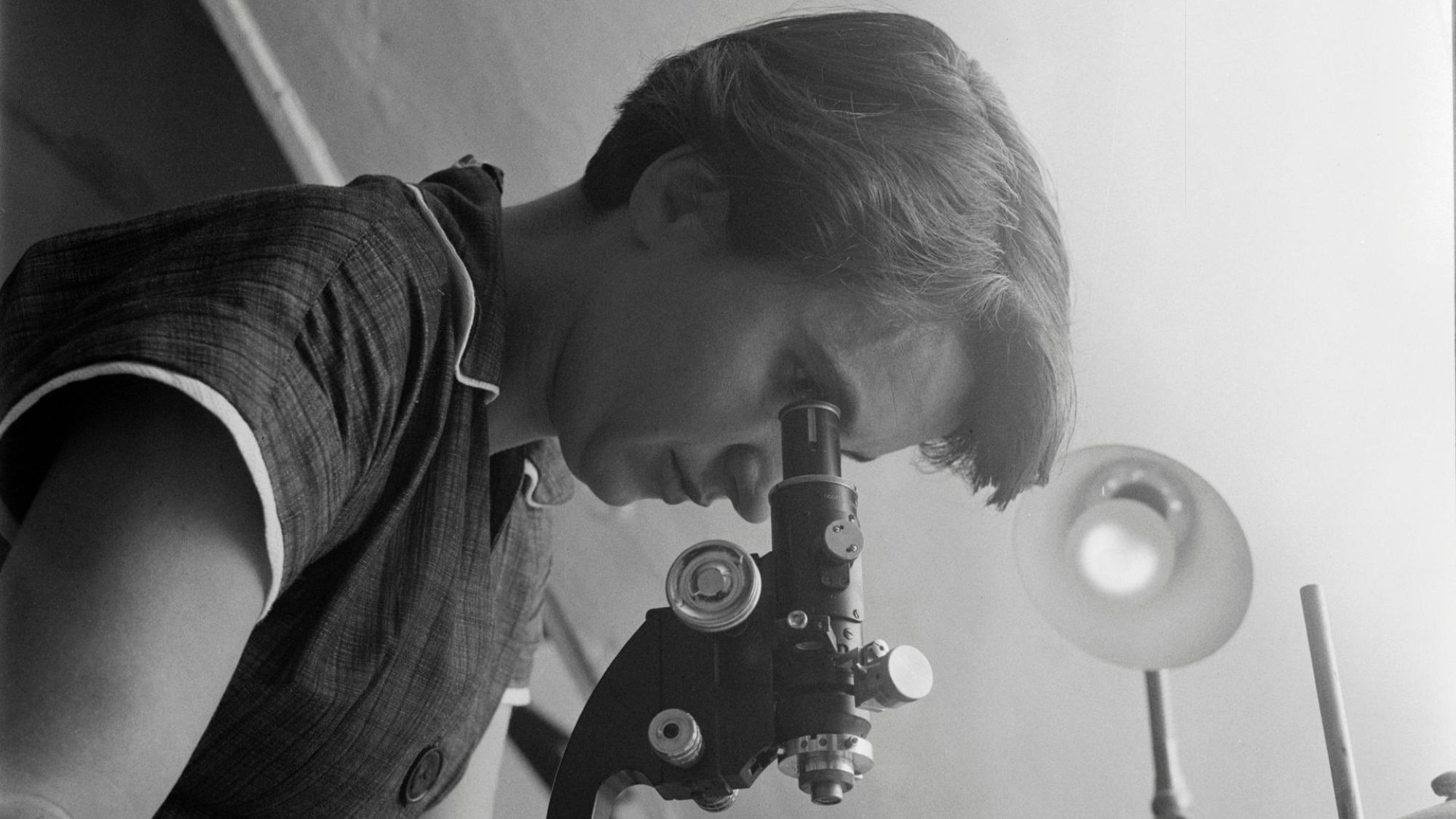
© London Museum
Women in Science: “We Need More Role Models”
up2date. interviewed biology didactics professor Anna Beniermann for the International Day of Women and Girls in Science
Why are there still so few women in top academic positions? What can biology didactics do to change that? And what role do the teachers play? To commemorate the International Day of Women and Girls in Science, up2date. spoke with biology professor Anna Beniermann about challenges, structural hurdles, and the importance of role models.
What is the situation for women in biology? Is there a shortage of female scientists as in other disciplines?
We actually have a good starting point in biology. Many women choose to study biology, and even during the doctoral phase, women are well represented. The problem begins afterwards. We see a clear dropout on the way to professorships or other top academic positions. This is often because these decisive career phases coincide with starting a family. Many women still provide most of the care work and this makes an academic career considerably more difficult.
What role can biology didactics play in reducing this dropout?
A very important one. Since we are training future teachers, we can make them aware of the messages they are passing on to the next generation. Classrooms are a good place for reflecting on traditional gender roles and challenging stereotypes. It is also crucial to make women in science more visible. Many of the historical female scientists are not adequately represented in teaching materials. For example, we often talk about James Watson and Francis Crick when it comes to deciphering the structure of DNA, but Rosalind Franklin, who played a key role, is often forgotten. Something needs to be done about that.
You also advocate for better conditions in your own research group. What measures have you taken?
A family-friendly work environment is very important to me. This means, for example, that meetings take place during core working hours and not early in the morning or late in the evening. Good role models are also essential. Young female scientists need people who show that an academic career is compatible with family life – without completely abandoning themselves. That was incredibly important to me.
What else can universities do to promote women in science?
Mentoring programs are extremely helpful. They offer young female scientists the opportunity to exchange ideas with experienced female researchers and to openly discuss the challenges specific to women. I myself participated in such a program and found it a great support. The university can also do a lot, for example through good childcare services or by ensuring that evaluations of academic achievements are fair, and also take parental leave into account. Ultimately, it is about creating awareness of structural hurdles and actively working to reduce them.
Further information
ProMentes and plan m - Mentoring in Science provide information about the University of Bremen’s mentoring programs.